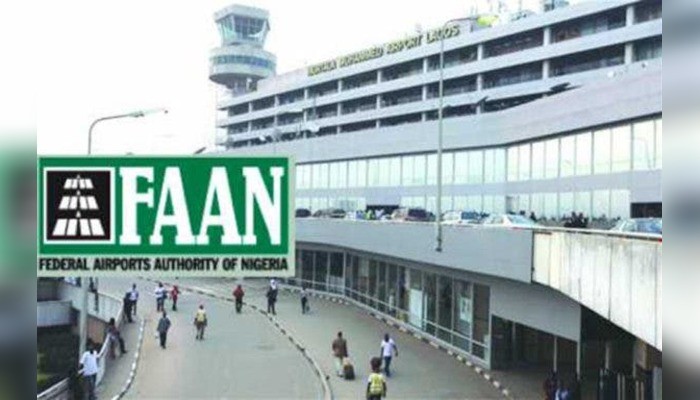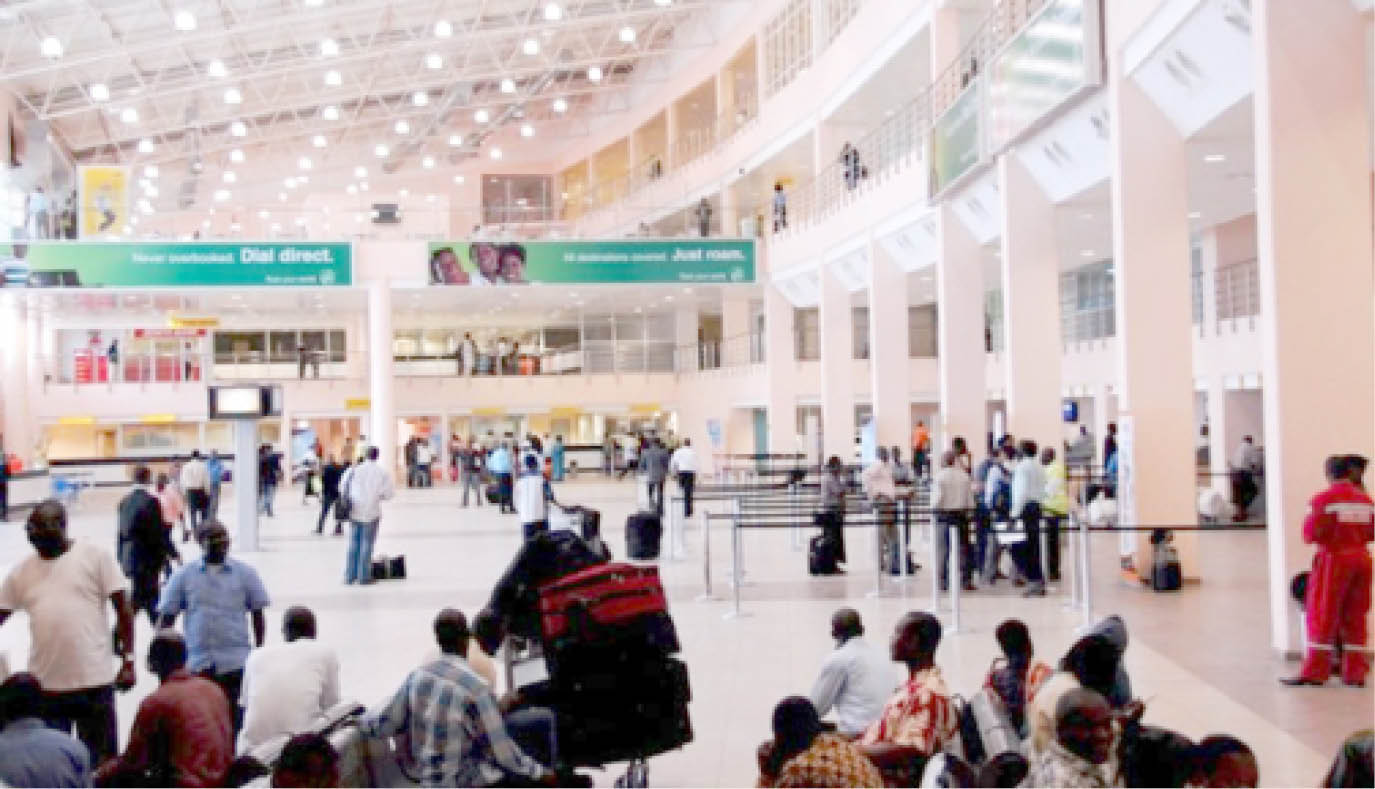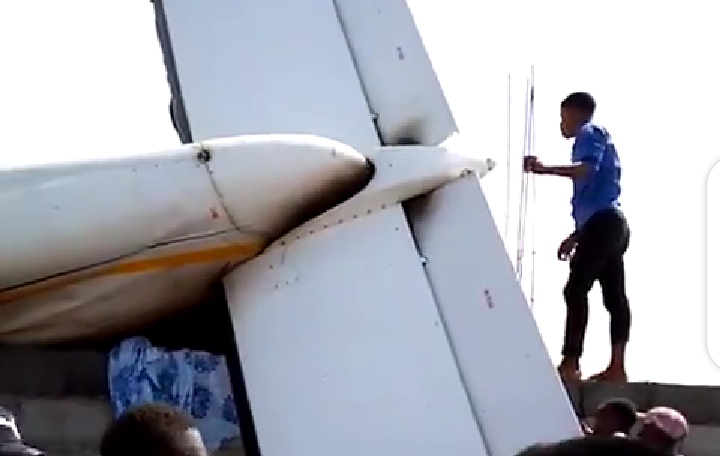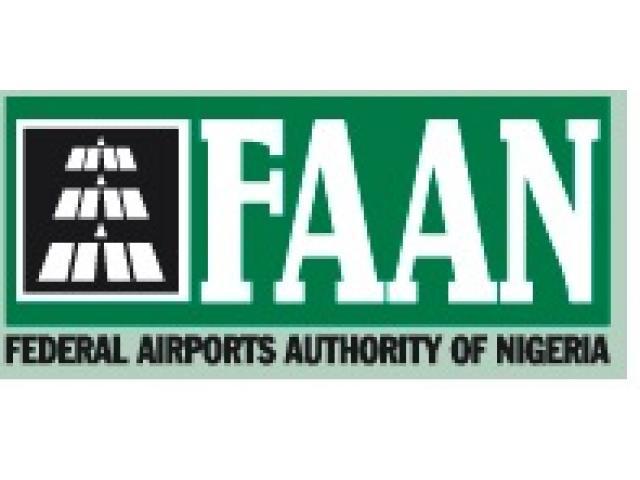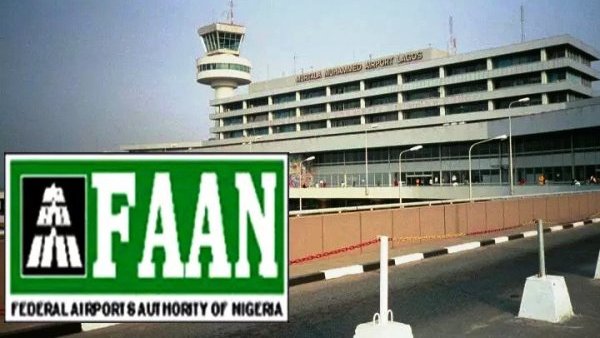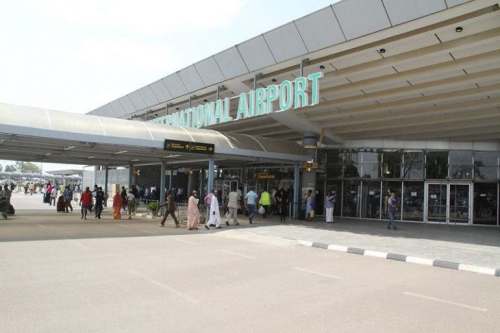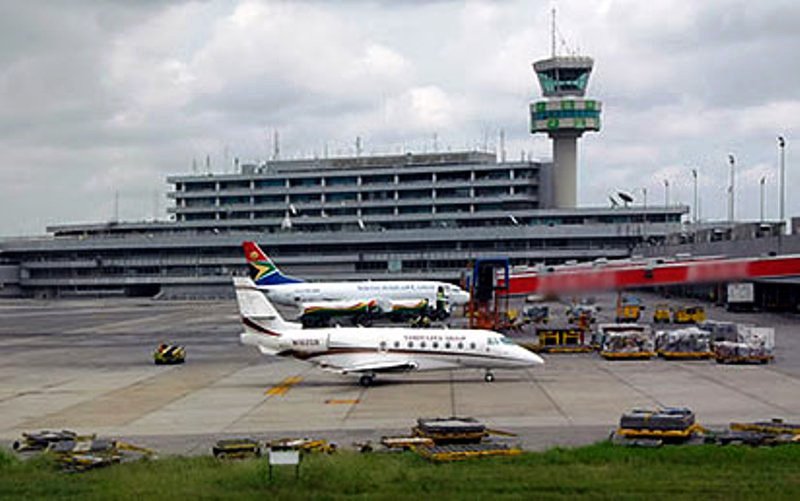The Airline Operators of Nigeria (AON) have written to Federal Airports Authority of Nigeria (FAAN), seeking an urgent review of the 90-day closure of Runway 18L.
The group’s letter, dated July 15, signed by AON President, Alhaji Abdulmunaf Yunusa, was made available to newsmen in Lagos on Tuesday.
It said that a week after the closure, work had yet to begin on the runway and the move was causing “unsustainable additional operating costs” to airlines.
FAAN had on July 6 announced plans to complete the installation of CAT III Airfield Ground Lighting system on Runway 18L/36R.
It said that the project would begin on July 8, and was expected to last for 90 days.
Consequently, it said that Runway 18L/36R would be closed to flight operations during the time.
It, however, assured stakeholders that there would be no disruption, as all normal flight operations would be conducted through runway 18R/36L.
FAAN said that a Notice to Airmen (NOTAM) to this effect had already been published and disseminated accordingly.
It said the work was part of efforts aimed at improving safety and efficiency of flight operations at the Murtala Muhammed Airport, Lagos
But the airline operators, in their letter, also claim that the notice on the closure was short.
The airline operators, who are groaning over harsh operating conditions, have also written the Nigeria Civil Aviation Authority (NCAA) requesting approval to remove 5% fuel surcharge.
It wants this as an ameliorative measure to cushion the effect of the continuous increase in the exorbitant price of Jet-A1 on airline operations in the country.
In the letter written by AON President to FAAN, the group flayed the 90- day period stipulated for the installation of the Air Field Lighting.
The airlines stressed that due to the ever-rising cost of Jet A1 the closure of the main domestic runway of MMA automatically adds an additional 10-15% more fuel costs per sector into and out of MMA.
This, it said, is based on the additional flight and taxi time incurred.
The letter, was directed to the Managing Director Federal Airports Authority of Nigeria, Capt. Rabiu Yadudu, called on the FAAN boss to convene an urgent stakeholders consultation meeting, to review the closure of Runway 18L .
It said there was a need to enter into discussion with the users of the runway on a procedure for the project, that limits both the cost impact on airlines as well as disruption to normal flight operations.
The letter reads in part, ”The AON welcomes the effort by FAAN to install runway lighting on Runway 18L, at last.
“However, international best practice for such critical airfield infrastructure projects is for the airport operator to enter into discussions with all affected parties, to arrive at an optimal arrangement that allows the work to be done, while limiting the inconvenience, economic impact, and safety implications on all concerned.
“In this instance, FAAN failed to do this.”
It said that FAAN was aware of the current existential threat of runaway aviation fuel prices to the domestic airlines.
“The closure of the main domestic runway of MMA automatically adds an additional 10-15% more fuel costs per sector into and out of MMA, based on the additional flight and taxi time incurred as a result.
”The airlines have already felt these additional costs within the first week of the closure of the runway.
“This unnecessary burden is unsustainable for a 3-month period on the airlines, ” it said.
The AON contends that in line with international best practice, runways of airports are only closed when there is no other option.
”For infrastructure projects such as this one on 18L, to limit the impact on flight operations, FAAN ought to have ensured that the contractor does the work at night, when the runway is not in use.
”If there is an absolute need for work to be done during daylight hours, then agreement should have been reached with the runway users on what time window would allow this.
“For the major airport in Nigeria, AON notes with disappointment that Runway 18L has been closed for a week now, with no evidence of any work going on.
“Yet the airlines have been burdened with huge but unnecessary additional costs and flight delays. Surely this situation is not in the best interests of the industry.
“Moreover, the additional taxi time due to closure of runway 18L impacts negatively on airlines schedule to sunset airports around the country leading to delays and cancellation of flights to these airports.
“Given the above critical concerns, AON implores the management of FAAN to urgently review this closure of Runway 18L and enter into discussion with the users of the runway on a procedure for the project, that limits both the cost impact on airlines as well as disruption to normal flight operations, “the letter reads in part.
In the same vein, the body wrote to the NCAA in a letter dated July 18, directed to Capt. Musa Nuhu, it’s Director-General, on their concerns.
AON is seeking his approval to remove fuel surcharge as an ameliorative measure to cushion the effect of the continuous increase in the price of Jet A1 on airline operations in the country.
The AON said, “In addition to the crippling effect of intermittent shortages of Jet A-1, the price has risen from 420 per litre in February 2022 to over 780 today.
”This has greatly increased the operational cost of airlines by well over 130%, yet airlines are unable to increase fares and as well suffer from unavailability of foreign exchange to conduct their operations.
“In order to forestall a backlash and total shutdown of the system, airlines are hoping to resort to an introduction of a Fuel Surcharge of between 25% – 40% of NUC as a way of offsetting the additional burden brought about by increased fuel cost bearing in mind that jet fuel accounts for about 40% of total operational expenses.”
The AON called for immediate review of the decision that airlines are required to obtain approval for an initial three (3) months before implementation of a fuel surcharge.
It sought a waiver of the demand that airlines pay an additional 5% on the Fuel Surcharge entirely separate from the 5% Ticket Sales Charge (TSC).
According to them, unless this is done, it will mean in effect that whatever is collected by the airlines as fuel surcharge to cushion the effect of the high fuel price will be taken away once again by NCAA.
“This in effect will amount to double jeopardy as airlines will be unable to offset the additional cost which the fuel surcharge is meant to address in the first place.
Efforts to get reactions from both aviation bodies were unsuccessful as at the time of filing this report.
